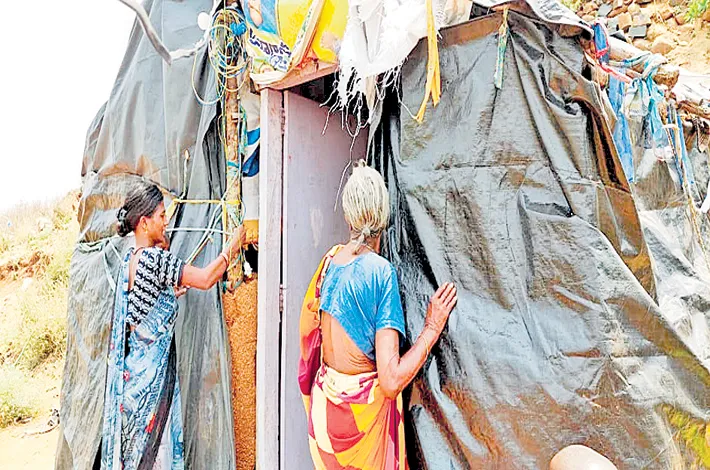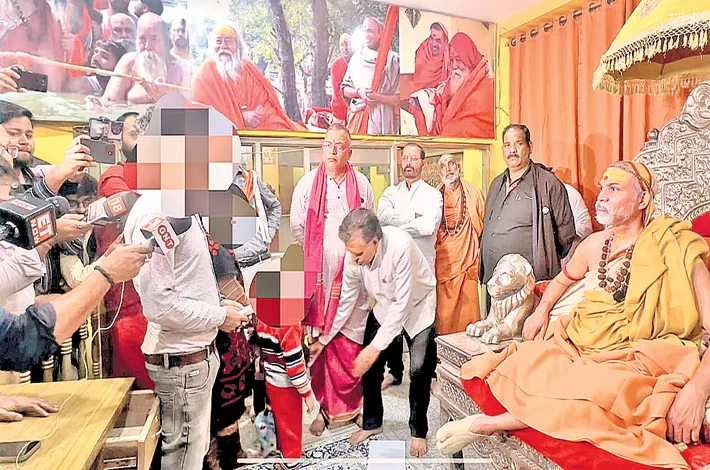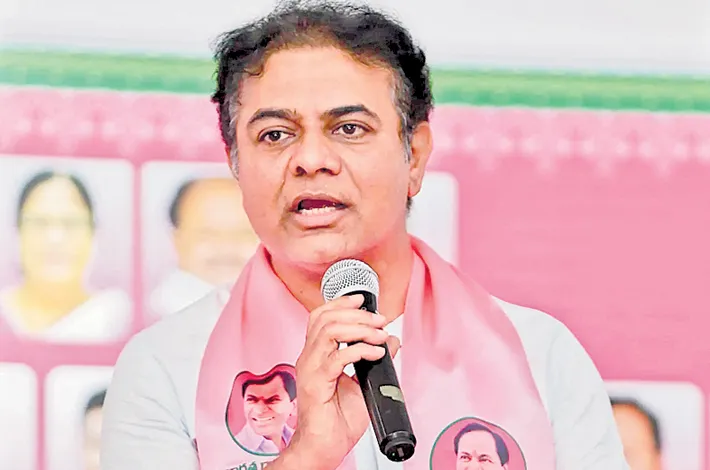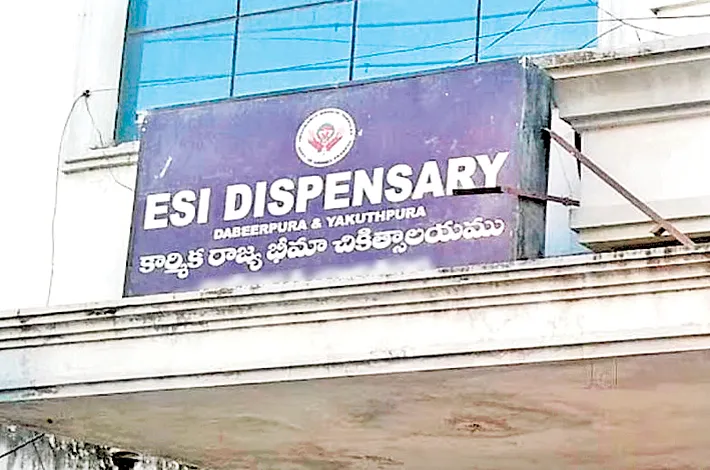Bonded labour survivors waiting for justice
19-09-2025 12:00:00 AM

Ekalavya Mallepalli | Hyderabad
Even after being rescued from bonded labour, hundreds of survivors in Telangana remain trapped in poverty, homelessness, and neglect. Their stories expose not just the cruelty of modern slavery but also the gaps in rehabilitation and government support that leave them vulnerable even years after rescue.
Aalakunta Raju from Mahabubnagar said he and 29 families from the BC Vaddera community were lured in 2015 by a man named Venkat Rao from Bengaluru with promises of secure jobs, salaries, food, and accommodation in a quarry in Kolar district. They were first given Rs 4,000 and Rs 6,000, which they repaid. Later they were asked to sign blank papers under the pretext of getting cheap land. When Raju sought clarity, he was beaten, and their signatures were misused to force them into bonded labour without fair wages.
The workers were crammed—25 in a single room without toilets—paid just Rs 500 a month and fed broken rice. One labourer lost his hand in a quarry blast with no medical help. For four years they suffered until a relative who visited Raju alerted NGOs and labour officers. With the Karnataka government’s help, they were rescued in 2019, given small relief sums, and sent back to their villages. Raju returned to Mahabubnagar, but life has not changed.
He said Ex-Minister Srinivas Goud once helped secure caste and income certificates and provided water and electricity for their huts. Indiramma houses were promised, but elections stalled the process after Goud lost. “All I ask is a home. Without the media, we would not be alive,” he said.
Another survivor, Reshma Begum, described her suffering at a construction site near Karimnagar. Along with her husband, she was forced into bonded labour and faced constant harassment. “When my husband went to work, men from the site would knock on my door at night. We were denied medicines and forced to work endlessly for two and a half years,” she said. Though rescued with NGO support, Reshma lost her husband during the ordeal. Now raising three children alone, she lives at her mother’s house as her in-laws abandoned her.
She pleads for a pension and a home. Darshanam Venkataiah and his wife were recruited to a construction site in Vemulawada with a Rs 20,000 advance and a promise of Rs 3,000 monthly. Instead, they were forced to work from 6 a.m. to 9 p.m. for 25 years, living in unsafe huts infested with snakes. Only after local leader Venkatamma alerted labour officers and IJM intervened were they freed along with 59 others in 2017. “Our freedom has no meaning. My son lost his leg while working there, and we still don’t have a home,” Venkataiah said.
Experts say these cases reflect a wider crisis. Dr. Philips Isadora, Convenor of Divya Disha, said Telangana’s growth must include eradicating bonded labour. Priya Abraham of IJM said people wrongly believe loans give them control over another’s life, leading to exploitation across kilns, farms, and homes. She stressed the media’s role in raising awareness and humanising survivors’ stories.
The Bonded Labour System (Abolition) Act, 1976, outlawed the practice, yet it persists in hidden forms. Rapid urbanisation and demand for cheap labour keep migrants vulnerable. Telangana has launched a helpline, continued rescues, and expanded rehabilitation schemes. Experts emphasise that the media must amplify helplines, highlight technology-driven solutions, and cover rehabilitation and success stories with sensitivity.
As Telangana seeks global recognition, the plight of survivors remains a test of progress. For them, freedom is not just about rescue but about securing dignity, stability, and a future.








